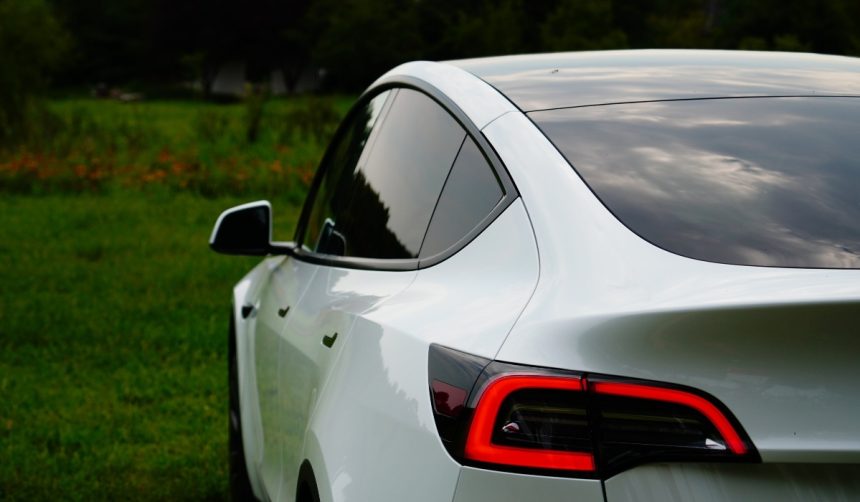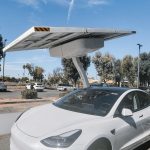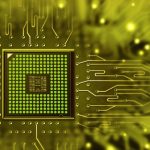As electric vehicle usage steadily climbs across the United States, drivers put more focus on the reliability of public charging networks. Accessibility and consistent performance remain key to building confidence among both Tesla and non-Tesla EV owners. J.D. Power’s 2025 U.S. Electric Vehicle Experience Public Charging Study throws light on how different brands measure up against these expectations. In an environment where charging stations are still less prevalent than traditional gas pumps, a robust charging infrastructure continues to influence buyer decisions. The study signals a shift, showing how competition among providers is intensifying as more drivers rely on charging networks for daily transportation.
Past findings from the same study have often highlighted reliability issues across non-Tesla charging networks, with complaints centering on malfunctioning stalls and complex payment systems. While Tesla has previously led in convenience and uptime, expanding network access to drivers of other vehicle brands has introduced fresh perspectives on user experience. This shift has brought new scrutiny from non-Tesla owners, especially regarding ease of payment and network compatibility. Despite these challenges, Tesla’s Supercharger network has generally maintained a reputation for higher reliability compared to peers.
How Did Tesla and Competitors Rank This Year?
Tesla Superchargers recorded the highest reliability score on the 1,000-point J.D. Power scale with a score of 709. The study reported that failed charging attempts occurred only four percent of the time at these stations, compared to higher rates seen at Electrify America, Red E, and EVgo. These results put Tesla ahead of other major providers operating nationwide. J.D. Power noted that only four companies reported failure rates below the industry average, underlining differences in operational consistency. Tesla’s performance stood out, even though the overall satisfaction score dipped slightly from last year.
What Concerns Did Non-Tesla Owners Raise?
Most dissatisfaction stemmed from non-Tesla EV drivers now using the Supercharger network. According to the report, these users found payment procedures less efficient and highlighted that costs per kilowatt-hour were often higher. Brent Gruber of J.D. Power stated,
“Tesla has facilitated an experience for its owners by creating an optimal technical environment that makes the charging process very easy to use and complete payments. That process isn’t quite as streamlined for non-Tesla owners.”
These feedbacks suggest that improvements are needed for broader compatibility and user ease across different brands accessing Tesla infrastructure.
Does Reliability Impact Driver Confidence?
High reliability generally leads to greater trust among vehicle owners, which is crucial as public charging becomes more integrated into everyday travel. Users cited fewer incidents of unavailable charging stalls at Tesla Superchargers. One statement reflects the company’s ongoing efforts:
“We are committed to ensuring our charging network remains one of the most dependable options for all users.”
As other networks try to catch up, ongoing reports about charger uptime and dependability remain crucial to influencing new EV adopters.
Examining this year’s study in the context of previous reports, it becomes clear that while Tesla continues to outperform rivals in reliability, integrating non-Tesla vehicles has challenged the company to standardize processes for all users. Non-Tesla drivers bring different needs and expectations, and their feedback has added pressure to improve systems that once only catered to Tesla vehicles. Meanwhile, other networks have made incremental progress but still lag behind in both reliability and customer satisfaction.
Sustained high reliability at Tesla Superchargers gives the brand a significant edge as electric vehicles become mainstream, but the lower satisfaction score compared to prior years points out areas for growth—especially in accessibility and payment for non-Tesla users. For drivers evaluating EV options, reliability of public charging networks remains a deciding factor and represents a key challenge for the sector. Industry observers should weigh both the progress Tesla has achieved and the shortcomings experienced by drivers of other brands, emphasizing the importance of universal solutions for an inclusive EV charging ecosystem. Practical advice for potential EV buyers includes researching charging compatibility and payment experiences before making a brand commitment, as a network’s day-to-day ease of use can directly affect vehicle satisfaction.
- Tesla Superchargers led J.D. Power’s 2025 reliability study for public EV charging.
- Non-Tesla users reported less satisfaction with payment and network access.
- Reliability remains a critical factor as electric vehicle adoption increases.










